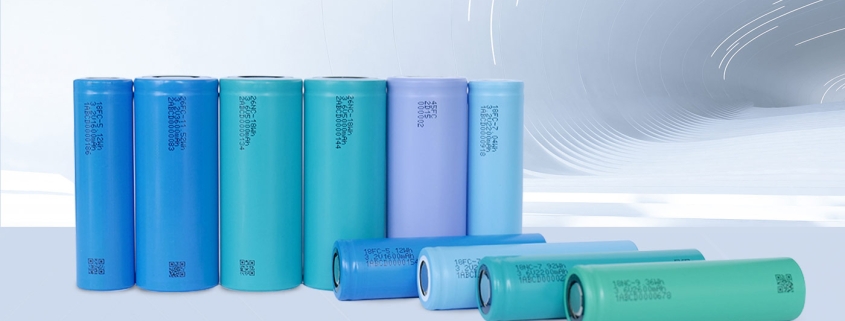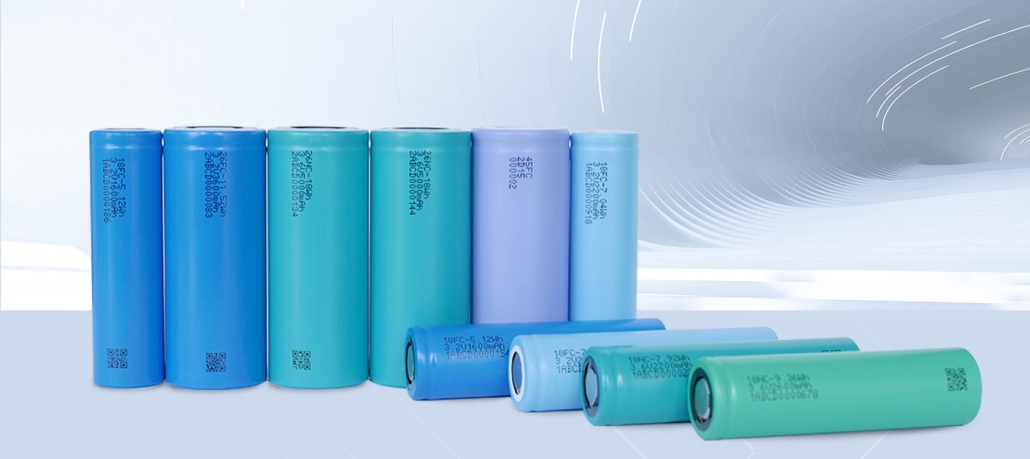How Long-Life Lithium Batteries Can Improve Your Energy Efficiency
When it comes to energy solutions, efficiency and reliability are at the forefront of business priorities. Long-life lithium batteries, particularly Lithium Iron Phosphate (LiFePO4) models, have emerged as a standout choice for businesses striving to optimize energy usage while reducing costs. These batteries offer exceptional durability, superior safety features, and remarkable environmental benefits, making them a vital component in modern energy systems. Whether you are managing renewable energy storage, industrial equipment, or transportation needs, investing in qualitylithium batteries can transform your energy strategy and drive long-term success.
Table of contents:
The Advantages of Long-Life Lithium Batteries in Industrial Applications
How Long-Life Lithium Batteries Are Revolutionizing Electric Vehicles
Reducing Operational Costs with High-Performance Lithium Batteries: A Case Study
The Advantages of Long-Life Lithium Batteries in Industrial Applications
Long-life lithium batteries, such as the LiFePO4 range offered by Goldencell, represent a groundbreaking shift in energy storage and consumption. These batteries are designed to deliver reliable, efficient, and environmentally friendly power solutions for various applications, ranging from industrial machinery to personal electric vehicles. As a battery manufacturer with over 16 years of experience, Goldencell has established itself as a leader in producing advanced energy systems that cater to contemporary needs for performance and sustainability. Unlike traditional lead-acid batteries, lithium batteries offer unmatched benefits, including a lifespan of up to 7-8 years due to their capacity for over 2,000 charge cycles. This longevity translates into less frequent replacements, reduced resource consumption, and greater cost savings. Additionally, lithium batteries are much safer, boasting excellent thermal stability, low self-discharge rates, and resistance to fires or explosions. Applications like emergency lighting, renewable energy systems, and even golf carts benefit significantly from their wide operating temperature range of -20°C to +65°C. This flexibility ensures operational reliability in both extreme heat and cold, making them suitable for harsh environments. These characteristics not only highlight their efficiency but also emphasize their potential to redefine standards in energy storage systems.
How Long-Life Lithium Batteries Are Revolutionizing Electric Vehicles
The electric vehicle (EV) industry owes much of its advances to the development of high-performance lithium batteries. Goldencell’s lithium batteries, such as the widely utilized 18650 and 26650 models, illustrate how battery innovation is propelling EV technology forward. By offering batteries with high current discharge performance and quick recharge capability, these products ensure optimal vehicle performance and extended driving ranges. Electric vehicles equipped with lithium batteries are more reliable and require less maintenance due to their “no memory effect” design, meaning they perform consistently regardless of incomplete discharge cycles. Additionally, their superior energy density ensures that more energy is stored in a smaller, lighter package, a critical factor for vehicle efficiency and weight management. Beyond EVs, lithium batteries are making strides in powering other forms of transportation such as electric bicycles and autonomous delivery robots, proving how this technology can adapt to changing mobility needs. Furthermore, the environmental impact of using long-life lithium batteries in vehicles cannot be overlooked. By enabling a cleaner, more sustainable mode of transportation, these batteries help reduce greenhouse gas emissions, underscoring their role in driving more eco-conscious industrial and personal choices.
Reducing Operational Costs with High-Performance Lithium Batteries: A Case Study
Lithium batteries are not only a technological marvel but also a significant contributor to cost reduction in industrial operations. A telling case study shows how businesses that adopted Goldencell’s lithium batteries saw operational costs decrease significantly due to reductions in maintenance and energy inefficiencies. The longer lifespans of these batteries mean companies don’t need to replace units as frequently as lead-acid batteries, cutting down on both material costs and labor. Furthermore, these batteries allow for optimized energy management through their advanced thermal protection systems, which enhance safety while maintaining performance in complex operating conditions. Industries reliant on renewable energy sources, such as solar farms, particularly benefit from the consistency and reliability of lithium batteries. For instance, Goldencell-engineered lithium batteries serve a dual purpose in both storing solar energy and regulating its release to the grid, ensuring operational efficiency during peak and off-peak hours. This capability allows businesses to save on electricity costs while contributing to energy sustainability. Such examples demonstrate how investing in long-life lithium batteries not only maximizes energy efficiency but also provides a tangible return on investment, making them indispensable for any organization aiming to improve its energy footprint.
In conclusion, the adoption of lithium batteries represents a forward-thinking approach to energy storage and management. Their long lifespan, reliability, and versatility make them a key component in driving sustainability and efficiency across various industries. By choosing lithium batteries, businesses and organizations can reduce operational costs, minimize environmental impact, and ensure energy resilience for the future. Investing in this technology is not just a practical decision—it is a commitment to achieving a cleaner, more sustainable world.


